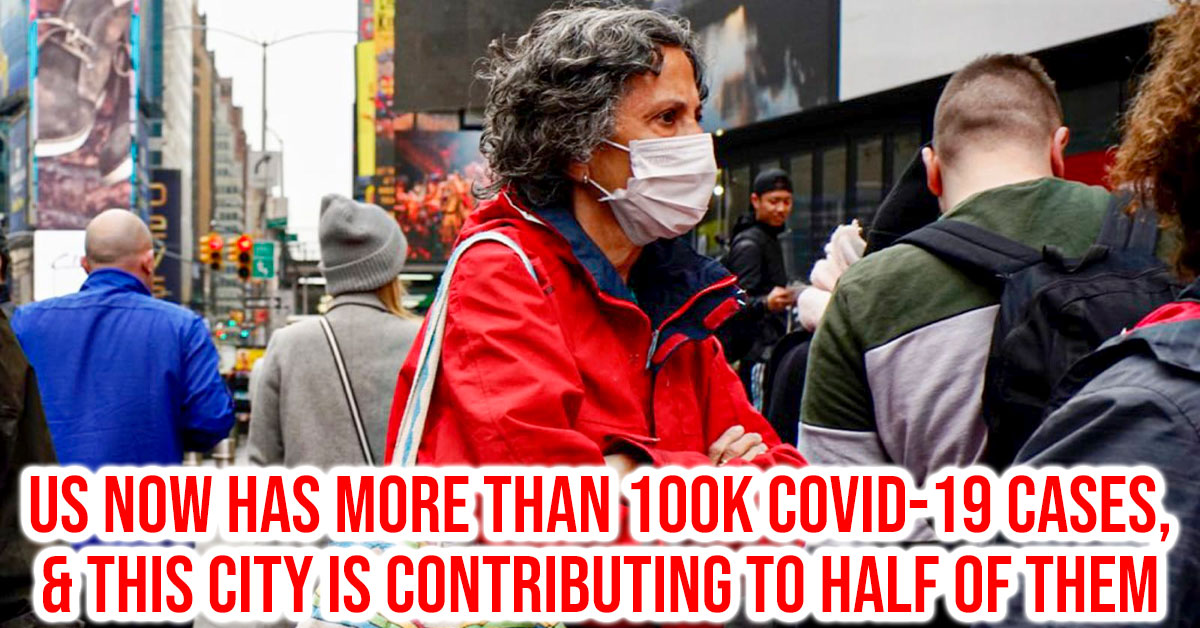Discrimination to those who can’t afford new phones?
This isn’t a drill. It’s not one of those WhatsApp chain messages that threaten to delete your account if you don’t forward that message.
The popular messaging app is pulling the plug on Windows Phones from 1 Jan 2020, and older iOS and Android devices after 1 February.
List Of Phones Affected
WhatsApp will stop supporting the following phones:
- iPhones older than iPhone 5
- All Microsoft Lumia devices
- HP Elite smartphones
- Most Android devices launched in 2010 or earlier
- All Window Phones
Users of any iPhone running iOS 8 or older and any Android device running version 2.3.7 or older are already unable to create new WhatsApp accounts or re-verify existing accounts.
Millions of these smartphone users will lose access to WhatsApp as the messaging app ceases support for those devices.
Ensuring Security Of Its Users
The move was necessary to ensure the security of its users, according to WhatsApp.
WhatsApp no longer actively develops for those operating systems which is the reason why some of the features on the older smartphones “might stop functioning at any time”.
“Tough Decision”
It has been a gradual change for WhatsApp. They have been phasing out support for various smartphone platforms that “don’t offer the kind of capabilities” that they need to expand their app’s features in the future.
WhatsApp had said that “this was a tough decision” for them to make.
However, it was the right one as this would mean better ways to keep in touch with friends, family and loved ones using WhatsApp.
Might Not Be That Big Of A Concern
According to India Today, there’s no reason to worry about the end of support for WhatsApp on the phones stated above.
Windows Phones are “quite scarce” and are rarely seen in public. In addition, Microsoft has recently announced that it has dropped support for its Windows Phone. It has technically been dead for quite a long time, with many app developers withdrawing support for the platform.
If you’re using basic apps like Facebook, Twitter and Snapchat, chances are you will not be able to survive with a Windows phone as those apps had already ended their support for Windows phones.
The same stands for Android 2.3.7 and iOS 8 devices. Most users upgrade their phones every two years. However, even if you last upgraded your Android phone two years ago, chances are it would still be running on Android 8.0 Oreo. As for devices running iOS 8, even if you’re using an iPhone 4 or iPhone 4S, you can still update the system as the iPhone 4 series can be updated to use iOS 9.
However, even though these phones and devices are rare, I would say that it is unfair to deny people who might not be privileged enough to afford new phones every two years. What do you think?



